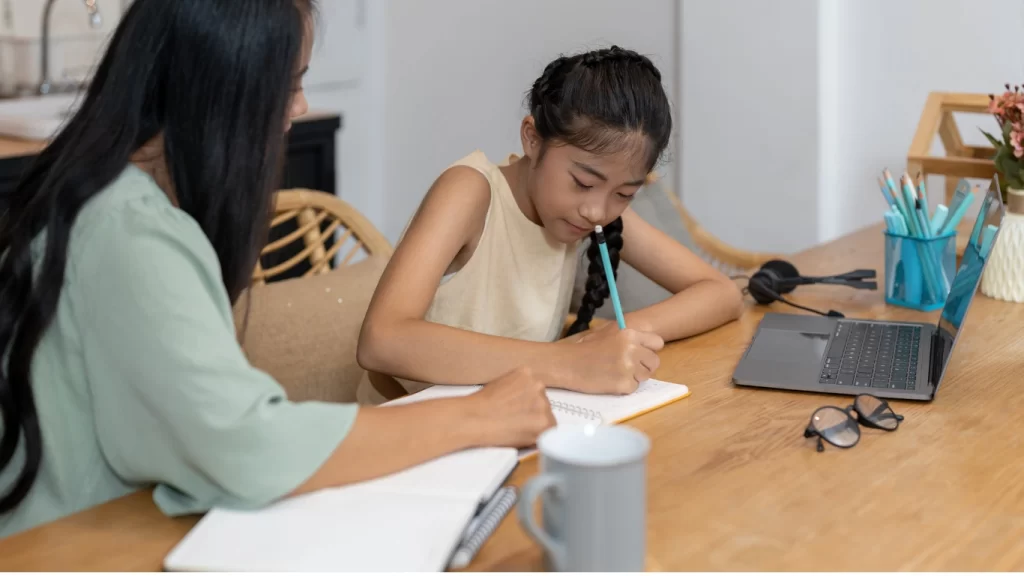Navigating an Individualized Education Program (IEP) meeting can feel overwhelming, but it’s one of the most important opportunities to advocate for your child’s educational needs. Asking the right questions can help you better understand the process and ensure that the educational team is aligned with your child’s unique needs.
To help you get started, here are the top 5 questions every parent should ask during an IEP meeting:
1. Can You Summarize My Child’s Current Academic and Developmental Performance?
Understanding where your child currently stands is crucial for the rest of the discussion. Ask the team to provide a clear summary of your child’s academic and developmental progress. This should include their strengths, challenges, and how they are performing compared to their peers. Knowing your child’s present levels will give you a strong foundation for understanding the goals and services being proposed.
2. What Goals Are Being Set for My Child, and How Will Progress Be Measured?
The goals outlined in the IEP are the driving force behind your child’s educational plan. It’s essential to understand what goals are being set and how the school plans to measure progress. Ask for clarity on how progress will be tracked and reported back to you. This will help ensure that the goals are realistic, measurable, and tailored to your child’s specific needs.
3. What Services and Accommodations Will Be Provided to Support My Child’s Learning?
IEP services and accommodations are there to help your child access the curriculum and succeed in school. Make sure to ask what specific services (e.g., speech therapy, occupational therapy, specialized instruction) and accommodations (e.g., extra time on tests, preferential seating) will be provided. This ensures that your child has the necessary tools and resources to thrive academically.
4. How Will My Child Be Included in General Education Settings?
For many children, inclusion in mainstream classrooms is beneficial for both academic and social development. Ask how your child will be included in general education settings and what supports will be in place to help them succeed. This could include co-teaching models, paraprofessional support, or specific classroom accommodations. Inclusion strategies can play a huge role in fostering a sense of belonging for your child.
5. What Strategies Will Be Used to Address Any Behavioral or Social Challenges My Child Faces?
If your child has behavioral or social challenges, it’s important to ask what strategies the school will implement to support them. This may involve behavior intervention plans (BIPs), social skills groups, or one-on-one counseling. Understanding how the school will manage these challenges ensures your child is supported not just academically, but also socially and emotionally.
Final Thoughts
Asking these five essential questions during an IEP meeting can help you advocate more effectively for your child. By understanding their current performance, goals, services, inclusion opportunities, and behavioral supports, you’ll gain a comprehensive view of your child’s educational plan.
Remember, the IEP process is a team effort, and you play a critical role. Stay engaged, ask questions, and don’t hesitate to push for changes that will benefit your child.

